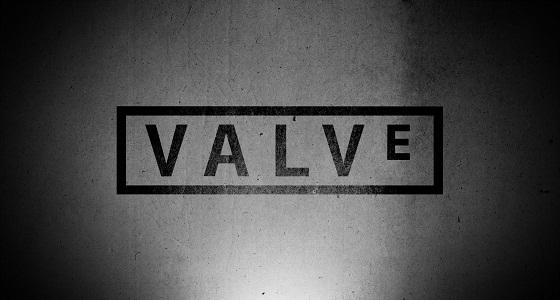Valve denounces third-party gambling sites over Steam use
The company says it will send notices to the sites requesting that they cease operating through Steam

Your support helps us to tell the story
From reproductive rights to climate change to Big Tech, The Independent is on the ground when the story is developing. Whether it's investigating the financials of Elon Musk's pro-Trump PAC or producing our latest documentary, 'The A Word', which shines a light on the American women fighting for reproductive rights, we know how important it is to parse out the facts from the messaging.
At such a critical moment in US history, we need reporters on the ground. Your donation allows us to keep sending journalists to speak to both sides of the story.
The Independent is trusted by Americans across the entire political spectrum. And unlike many other quality news outlets, we choose not to lock Americans out of our reporting and analysis with paywalls. We believe quality journalism should be available to everyone, paid for by those who can afford it.
Your support makes all the difference.Valve Software has released a statement denouncing third-party gambling sites that have been using Steam’s in-game item trading system to exchange weapon and item skins that can be sold for real money making it clear that their actions are a violation of Steam’s terms of service.
Valve has recently become the target of two separate lawsuits which allege that the company has been allowing an illegal online gambling market to spring up in the communities of its online gaming communities such as the Counter-Strike: Global Offensive community.
At the time the suit was filed Valve didn’t make any public response, but the statement recently posted by Erik Johnson on the Steam site said that Valve does not profit directly from the actions of these gambling sites and that “false assumptions” have been been with regards to Valve’s complicity.
“In 2011, we added a feature to Steam that enabled users to trade in-game items as a way to make it easier for people to get the items they wanted in games featuring in-game economies.
Since then a number of gambling sites started leveraging the Steam trading system, and there’s been some false assumptions about our involvement with these sites. We’d like to clarify that we have no business relationships with any of these sites. We have never received any revenue from them. And Steam does not have a system for turning in-game items into real world currency.”
Johnson explained that the sites have been operating by “using the OpenID API as a way for users to prove ownership of their Steam accounts and items. Any other information they obtain about a user's Steam account is either manually disclosed by the user or obtained from the user’s Steam Community profile (when the user has chosen to make their profile public).” He says the sites also “create automated Steam accounts that make the same web calls as individual Steam users.”
Creating automated Steam accounts that masquerade as real users is, according to Johnson, specifically going against the rules of Steam’s API and its user agreement.
As far as taking action goes, Valve says that it will "start sending notices to these sites requesting they cease operations through Steam, and further pursue the matter as necessary” and that “users should probably consider this information as they manage their in-game item inventory and trade activity.”
It’s not entirely clear what Valve means by “further pursue the matter as necessary” but this statement marks Valve breaking a conspicuous silence on the gaming gambling subculture and its feelings towards it.
Join our commenting forum
Join thought-provoking conversations, follow other Independent readers and see their replies
Comments